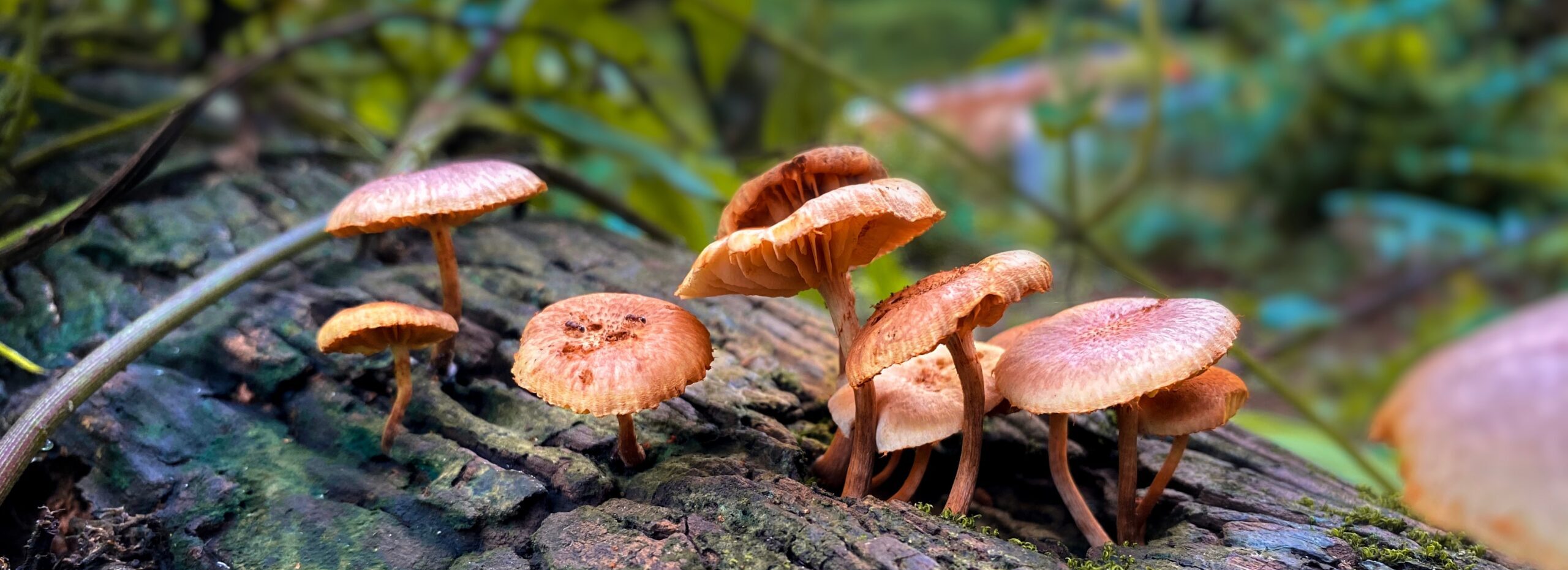Imagine a world where you could hit the “recalibrate” button on your brain, a world where anxiety is a distant memory and depression is robbed of its potency. That’s the promise of psychedelic therapy. For decades, psychedelics were the black sheep of the scientific community, shunned and misunderstood. But times have changed, and these once-forbidden substances are emerging as powerful tools for mental health and personal growth. Question 4 in Tuesday’s election would legalize psychedelic substances, create an advisory board to regulate them, allow individuals over 21 to grow and use a personal amount of psychedelics, and tax their sale at 15%. The result of the vote will have major implications for the future of our state and community.
Researchers and health professionals are exploring the transformative power of these substances, aiming to treat a wide range of mental health conditions and unlock human potential. Psychedelics work by altering consciousness and promoting neuroplasticity, the brain’s ability to form new connections. This can lead to profound insights and changes in perspective, offering relief for conditions like depression, anxiety, OCD, eating disorders, PTSD, addiction, and much more. And guess what — psychedelic therapy is already legalized in four towns and working very well: Cambridge, Somerville, Easthampton, and Northampton.
Research has shown promising results, with many people reporting significant improvements in their mental health. A psilocybin research project by John Hopkins University held a study of 245 participants in >600 sessions. Participants consisted of healthy volunteers, psychologically distressed, terminally ill cancer patients (79% lowered depression/anxiety), cigarette smokers attempting to quit (80% success rate), and long-term meditators. Feedback from family members and close friends of patients revealed that results were extremely positive.
Furthermore, 67% of healthy volunteer participants in a high-dose psilocybin study rated their experience as one of the top five most meaningful of their lives. While 22% did experience anxiety during the session, 79% reported increased well-being and life satisfaction despite the in-session anxiety.
The future of psychedelic therapy is promising. As research continues to advance, psychedelics have already become a valuable tool in treating a wide range of human health conditions. Mushrooms are essentially free to grow, tempering the financial stranglehold of pharmaceutical companies on healthcare and medicated treatment. However, it’s important to approach psychedelic therapy under the guidance of qualified professionals with respectful caution. Self-medicating substances can have adverse effects, not everyone will have a positive result, and some may experience anxiety or discomfort. That’s why working with experienced therapists and guides is essential.
Lastly, it’s been consistently demonstrated by patients and therapists that a sense of unity characterizes these experiences. An understanding that all people and all things are connected by a profound sense of grace, love, joy, and a deeply felt sense of encountering ultimate reality; something the side you’re not voting for could use…right!? Let’s turn the page on outdated thinking and vote Yes on Question 4 to legalize psychedelic therapy. Are you ready to embark on a mind-bending journey of self-discovery?
Derek Lynch
Newburyport resident
Passionate about a local issue? We want to hear from you. Check out our submission guidelines.
Subscribe to our Newsletter




Leave a Reply